Sergio Freire
Solution Architect and Testing Advocate
I'm a Testing Advocate, working closely with teams worldwide to help them achieve great, high-quality, testable products. I work at Xray and teach programming and testing classes at University.
Achievements










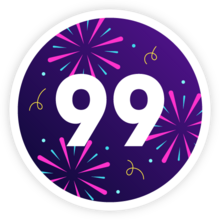


Certificates
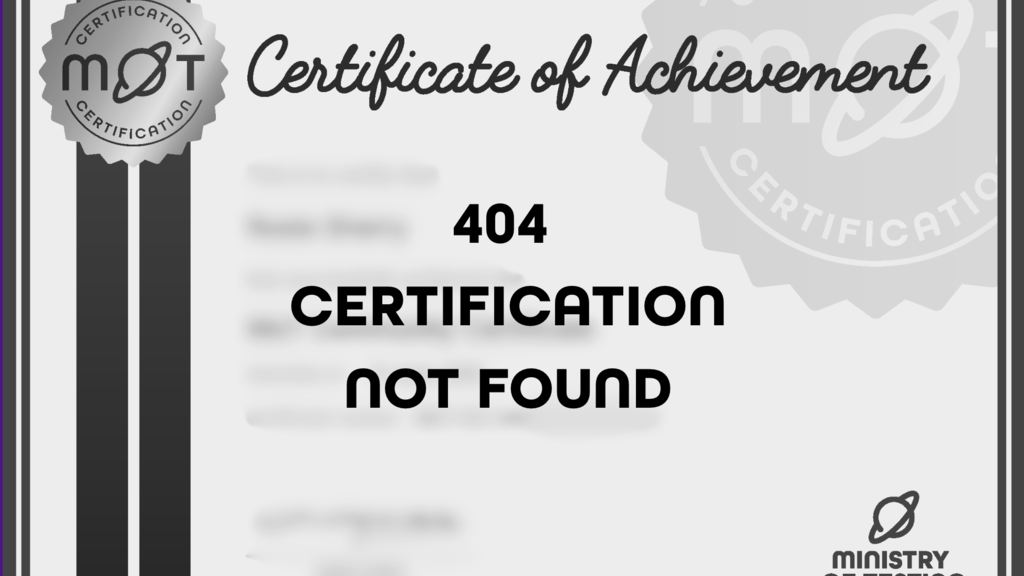
Level up your software testing and quality engineering skills with the credibility of a Ministry of Testing certification.
Activity

earned:

Member visited S1.E33: Enhancing Security Testing with exploratory insights

earned:

Human-Centric Exploratory Testing

earned:

Kristof Meets Sergio Freire from Xray

earned:

Partner Peek - Xray - Creating Content

earned:

Partner Peek - Xray - Contributing to Open-Source
Contributions
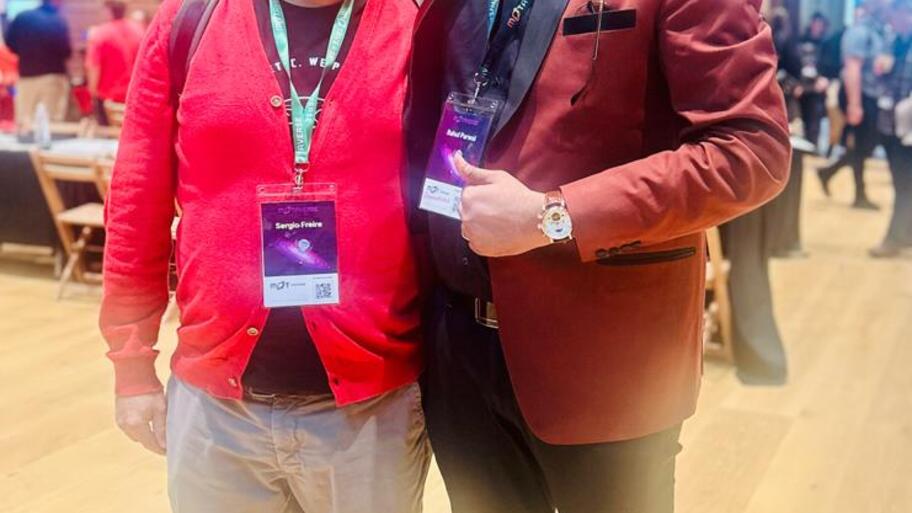
It's rare to meet people who understand the testing space as well as the tooling space so well.
It was amazing to talk to you, Sergio. There is always something to learn from you.
Thank you ...
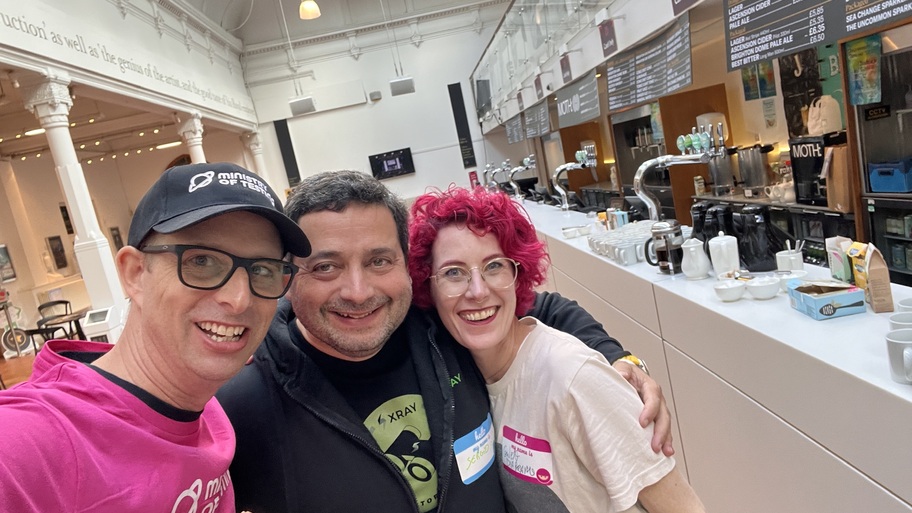
A feel-good memory from TestBash 2024. Simon Tomes, Sergio Freire and Gwen Diagram pose for a happy selfie.

In this episode of QA Therapy, we sit down with Richard Adams, a seasoned expert in security testing, to dive deep into the critical role security plays in modern software development.
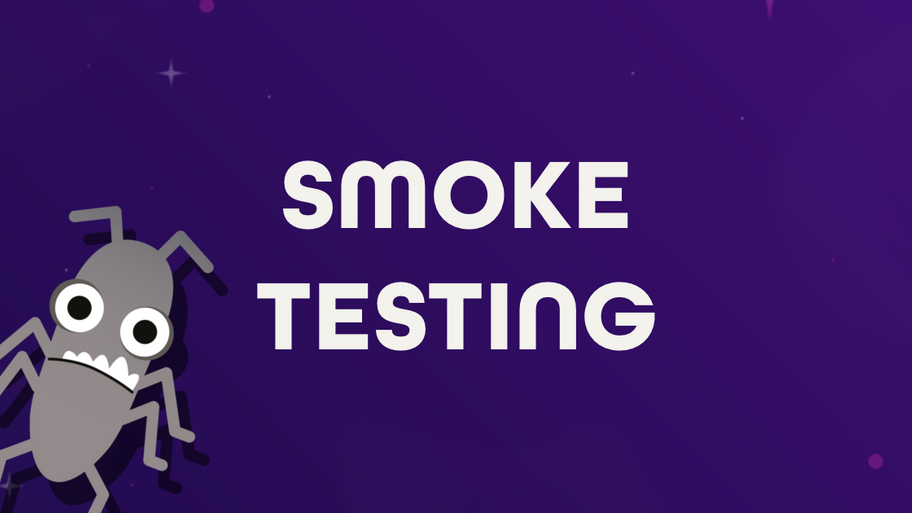
Smoke tests are used to find out if your build is stable enough to be tested exhaustively in a proper environment. Does your software start and keeps running? Is the web server and all remaining services up as expected? If it does reach the minimums, then it can’t be further tested, and development needs to look at immediately.Smoke tests should be the ones you or the machine will perform for you. Having a good set of smoke tests can evaluate the stability of it. As more you may find in the advance about the stability of the SUT, better, as it will avoid unnecessary works afterwards.
If smoke tests passed, then you can perform sanity tests and all the regression tests (start with the automated "ones” - i.e. automated scripts/checks). Probably you have to decide which regression tests to perform…and here comes risk assessment: if you have to choose, start with by addressing the higher risks in the context of your build/release.

Learn the main concepts of exploratory testing and how it differentiates from other established approaches
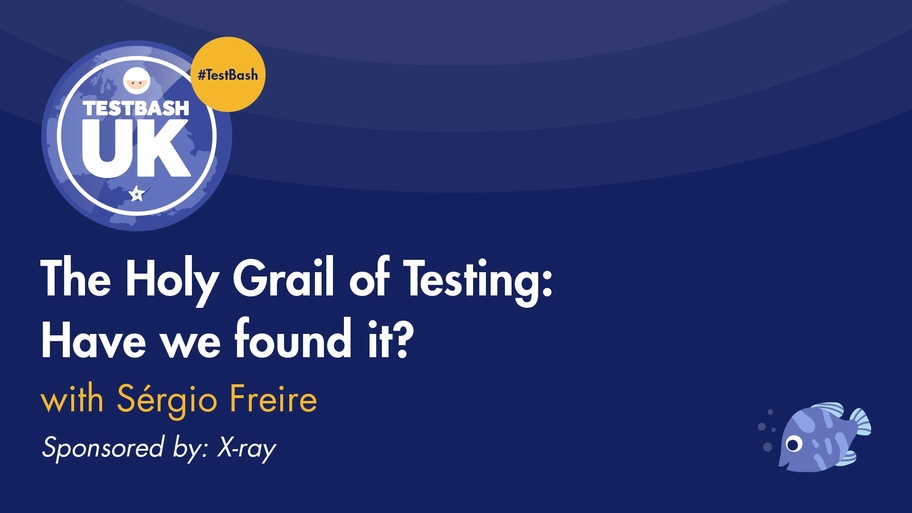
Will the next Indiana Jones uncover the Holy Grail of Testing?
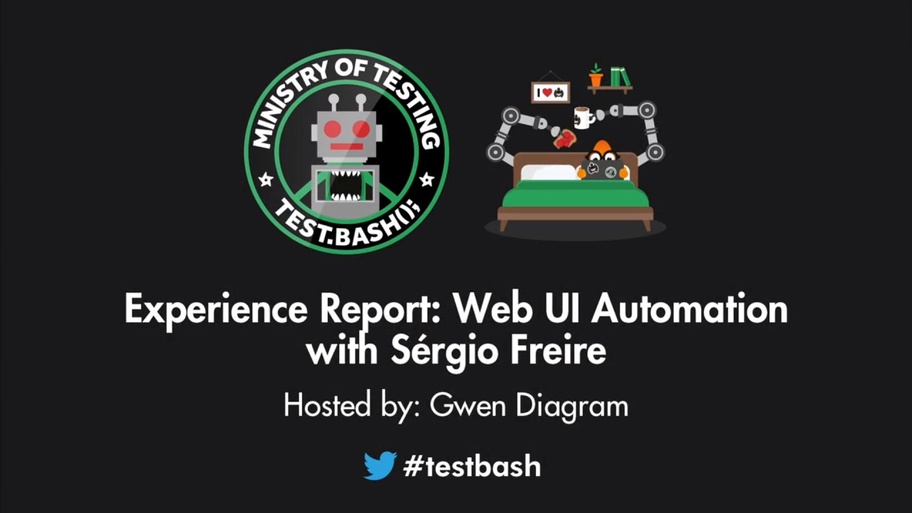
Watch Sérgio Freire's Experience Report on Web UI Automation from Test.bash('Online'): 2020
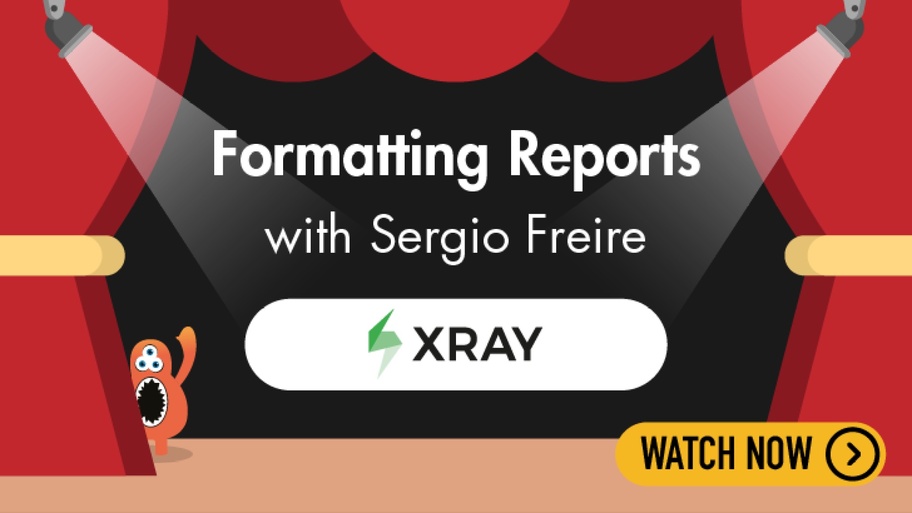
Discover how Xray Reporting to make decisions

Boost your exploratory testing with Xray's Exploratory Testing App
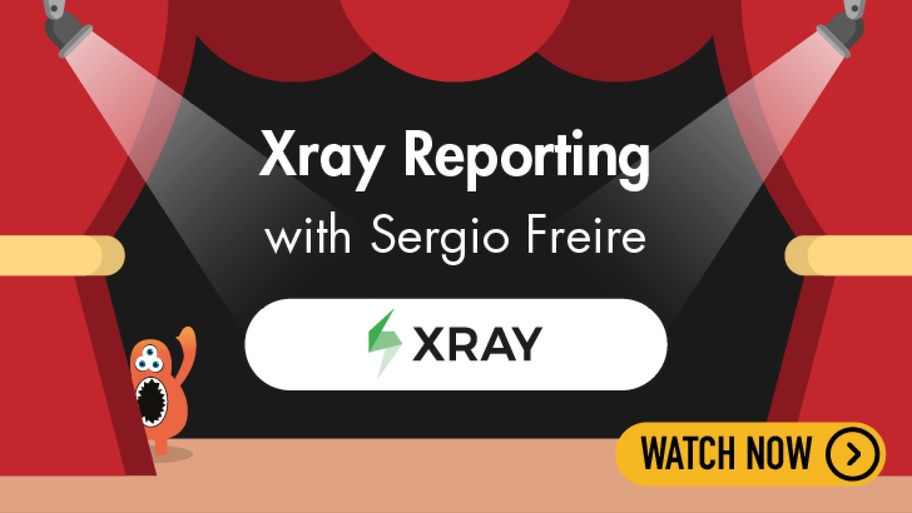
Understand how you can get a clearer understanding of your coverage.
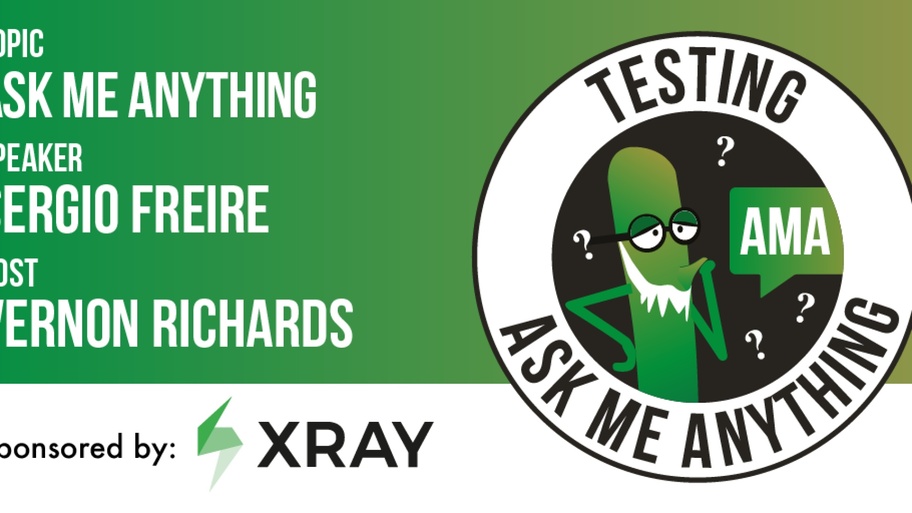
Understand more about Xray's tools with this Ask Me Anything with Sergio Freire from Xra!

Using and contributing to open-source testing related projects